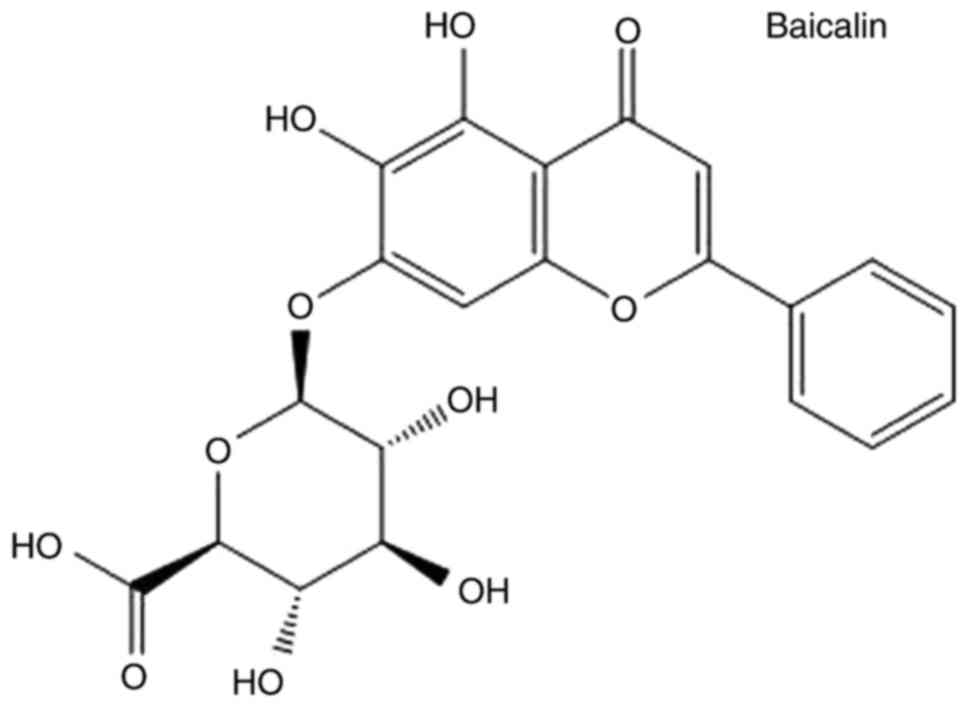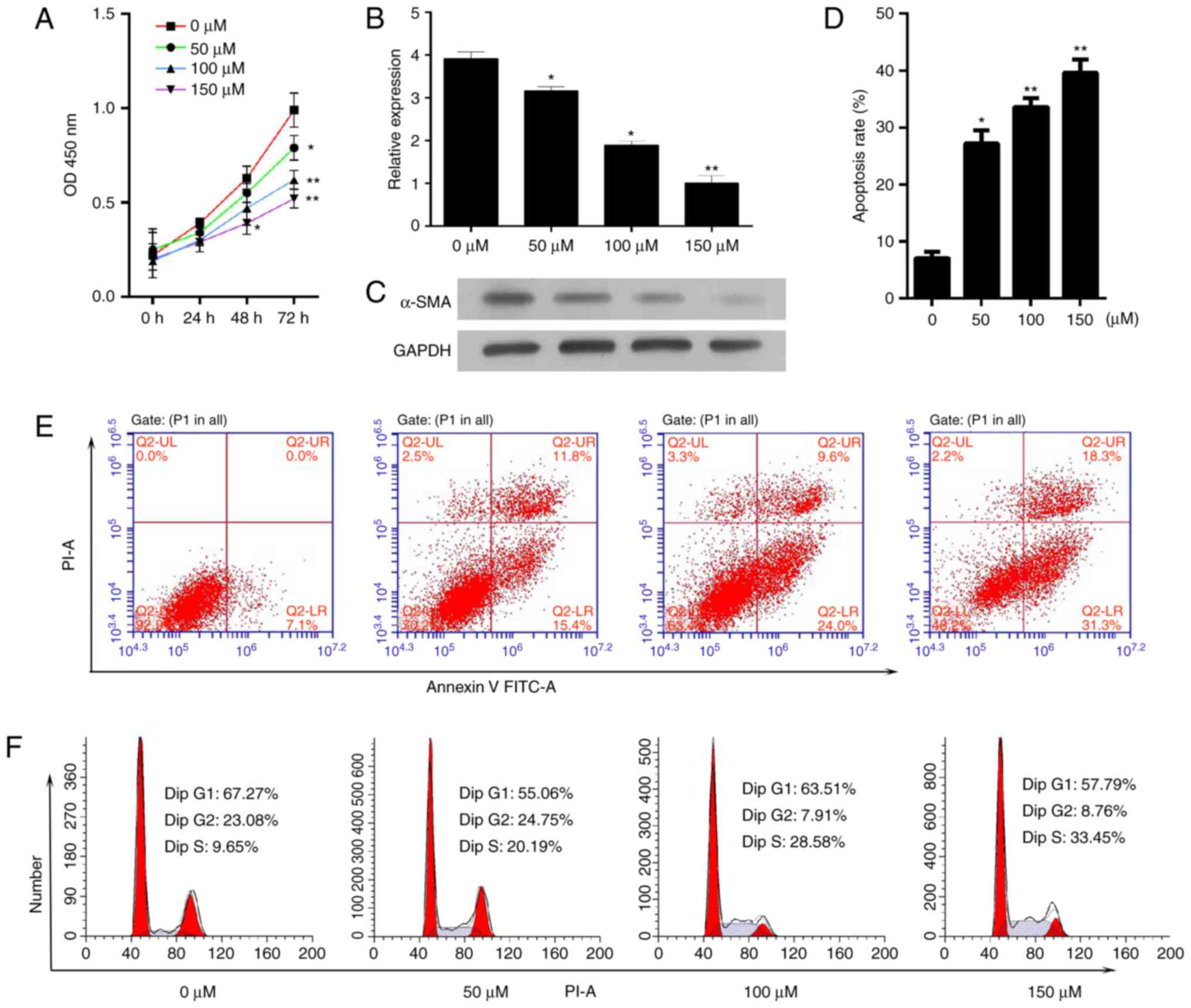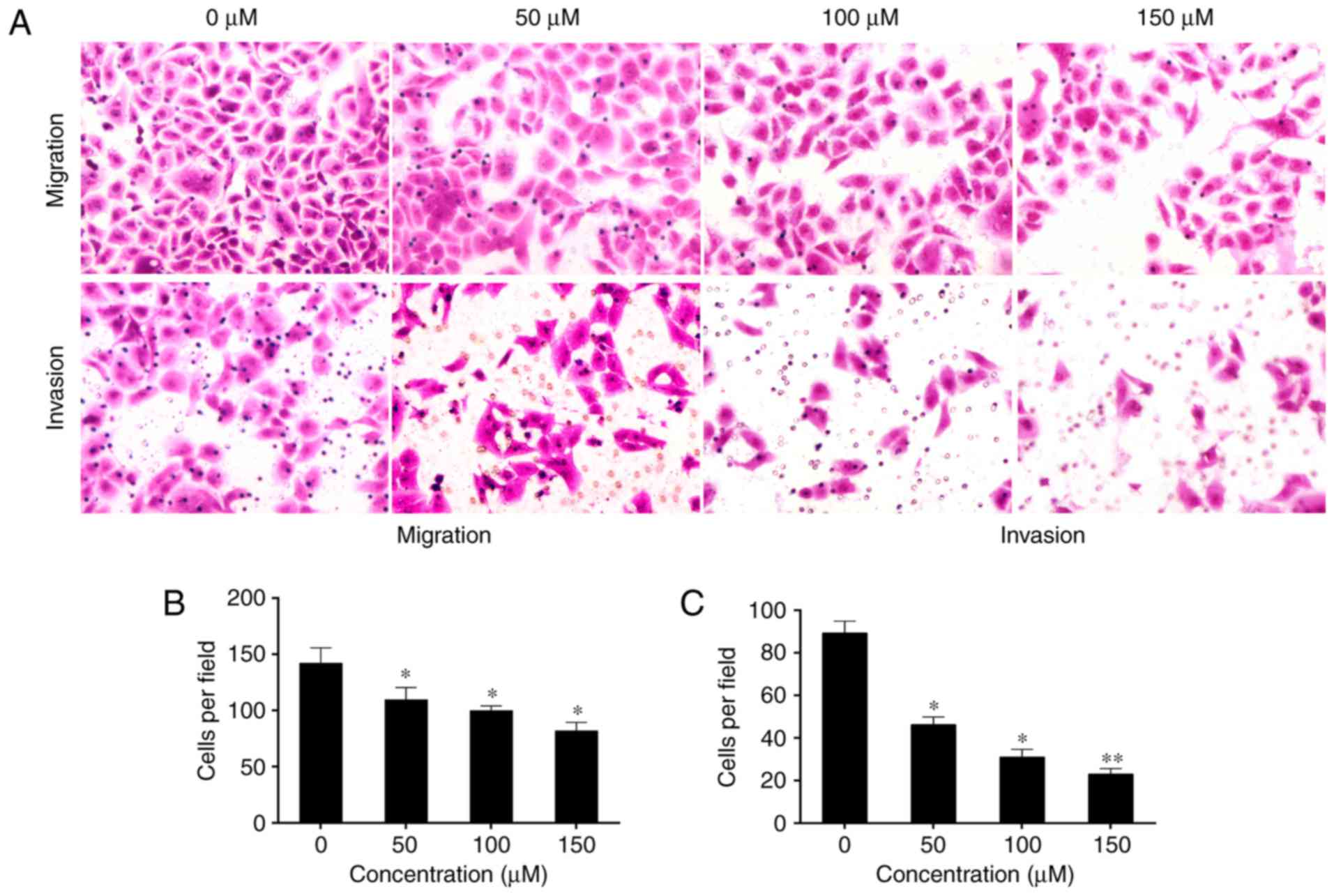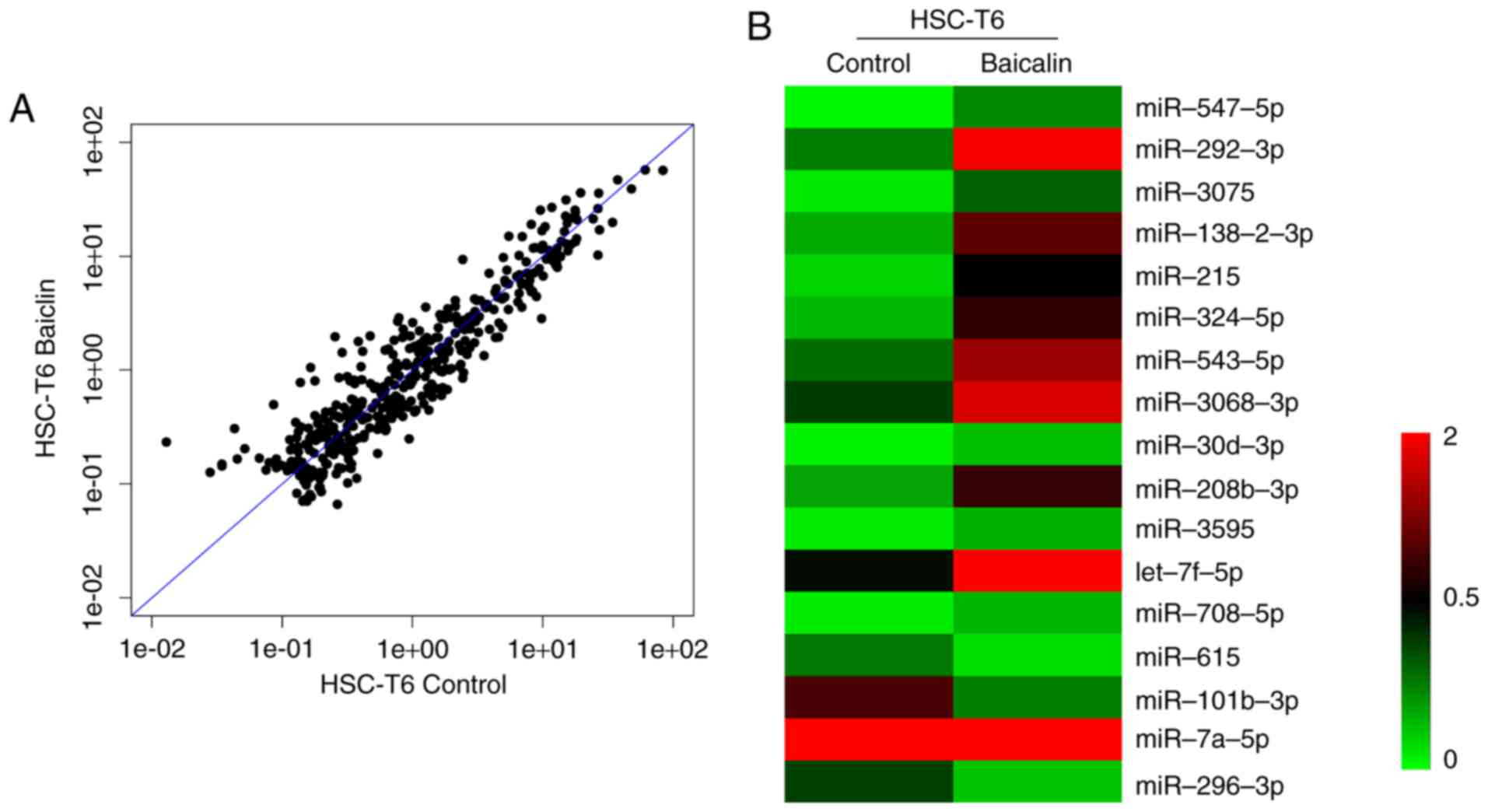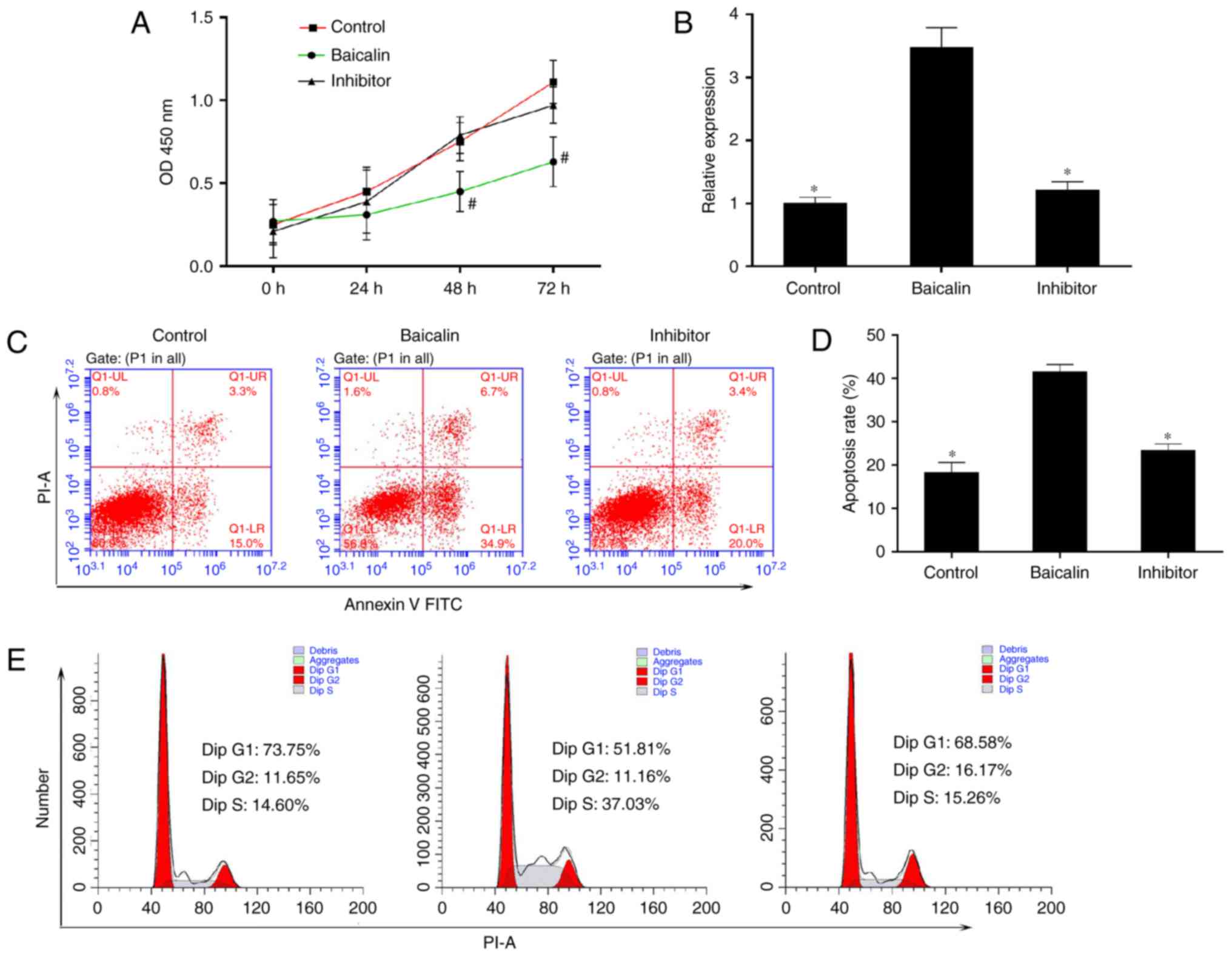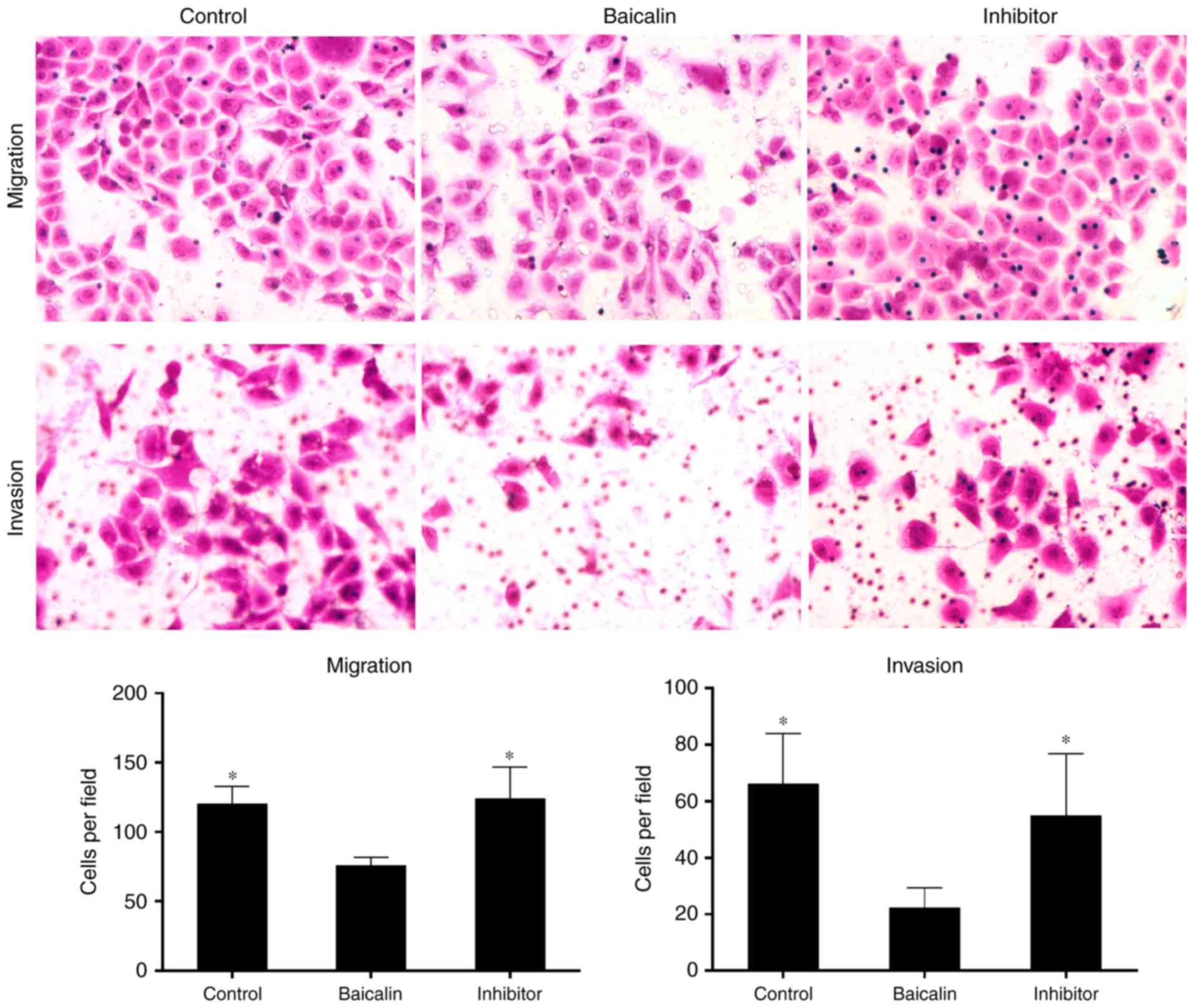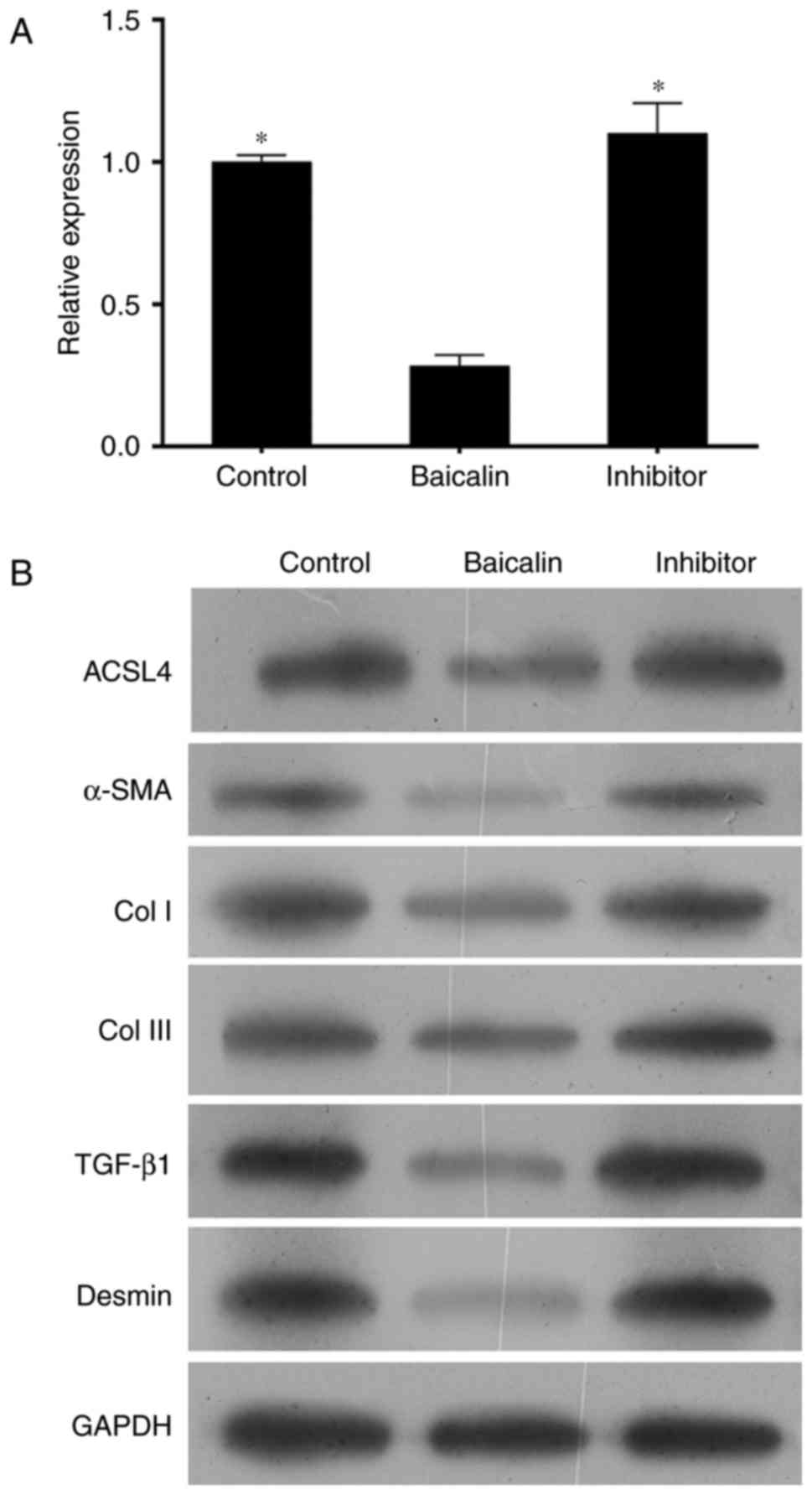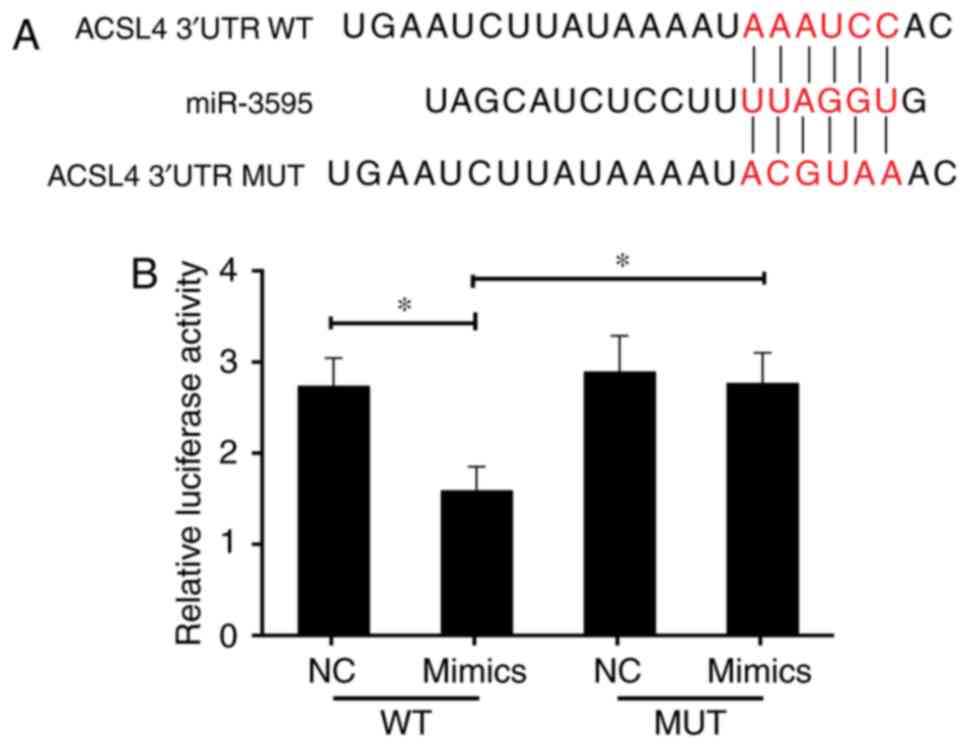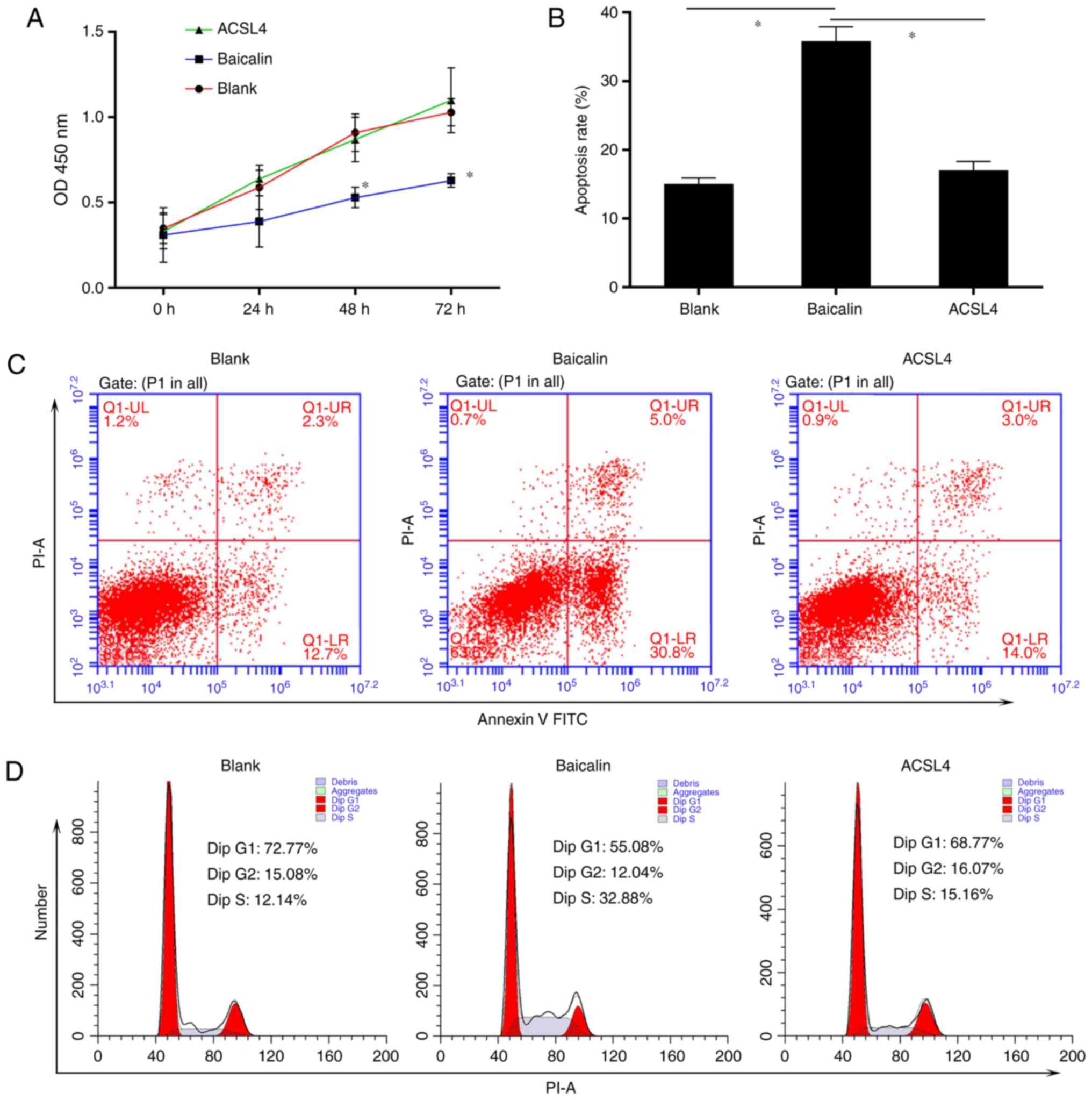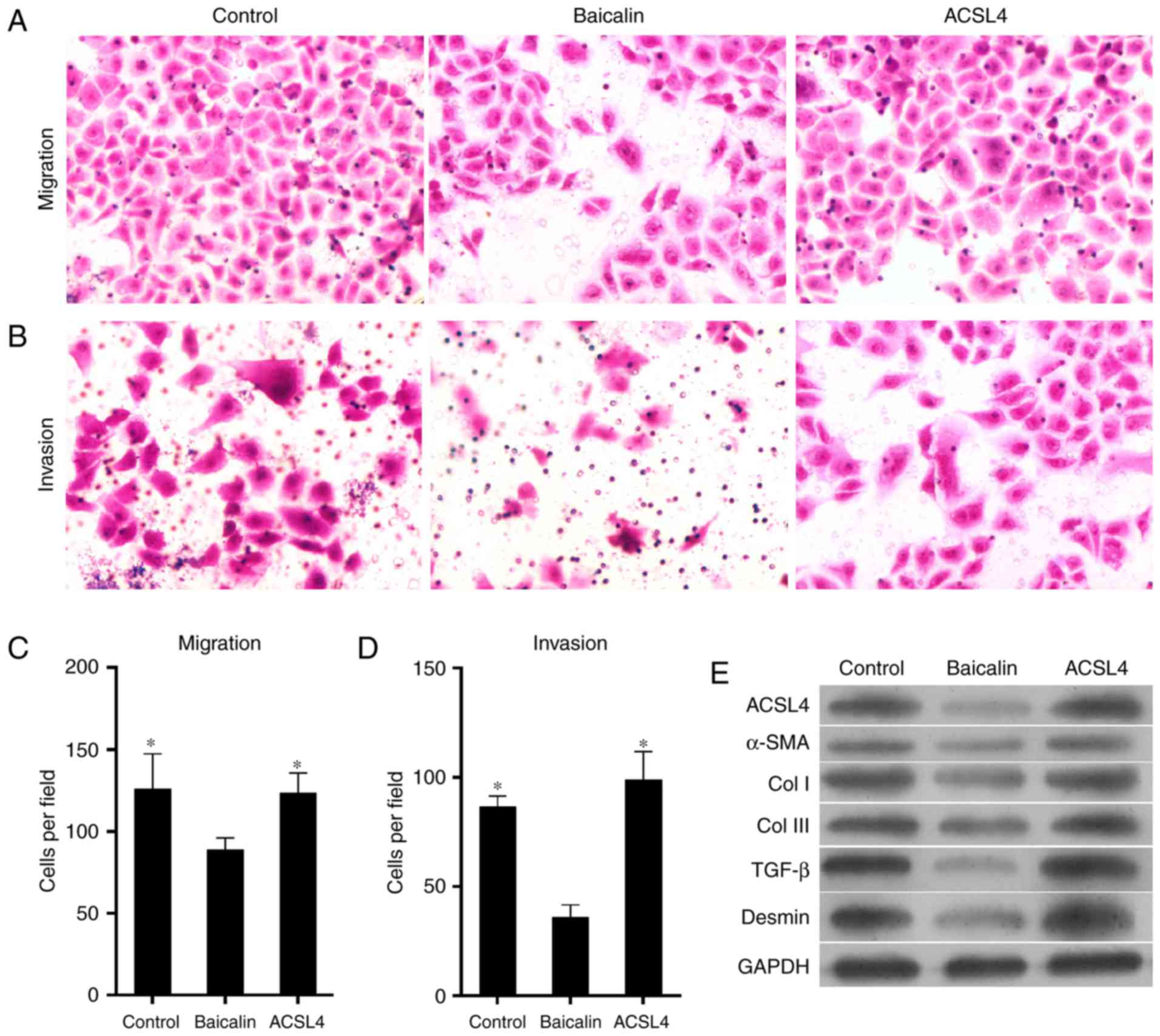|
1
|
Lee UE and Friedman SL: Mechanisms of
hepatic fibrogenesis. Best Pract Res Clinical Gastroenterol.
25:195–206. 2011. View Article : Google Scholar
|
|
2
|
Friedman SL: Mechanisms of hepatic
fibrogenesis. Gastroenterology. 134:1655–1669. 2008. View Article : Google Scholar : PubMed/NCBI
|
|
3
|
Trappoliere M, Caligiuri A, Schmid M,
Bertolani C, Failli P, Vizzutti F, Novo E, di Manzano C, Marra F,
Loguercio C and Pinzani M: Silybin, a component of sylimarin,
exerts anti-inflammatory and anti-fibrogenic effects on human
hepatic stellate cells. J Hepatol. 50:1102–1111. 2009. View Article : Google Scholar : PubMed/NCBI
|
|
4
|
Bataller R and Brenner DA: Liver fibrosis.
J Clin Invest. 115:209–218. 2005. View
Article : Google Scholar : PubMed/NCBI
|
|
5
|
Popov Y and Schuppan D: Targeting liver
fibrosis: Strategies for development and validation of antifibrotic
therapies. Hepatology. 50:1294–1306. 2009. View Article : Google Scholar : PubMed/NCBI
|
|
6
|
Friedman SL: Hepatic stellate cells:
Protean, multifunctional, and enigmatic cells of the liver. Physiol
Rev. 88:125–172. 2008. View Article : Google Scholar : PubMed/NCBI
|
|
7
|
Szabo G and Bala S: MicroRNAs in liver
disease. Nat Rev Gastroenterol Hepatol. 10:542–552. 2013.
View Article : Google Scholar : PubMed/NCBI
|
|
8
|
Wong L, Yamasaki G, Johnson RJ and
Friedman SL: Induction of beta-platelet-derived growth factor
receptor in rat hepatic lipocytes during cellular activation in
vivo and in culture. J Clin Invest. 94:1563–1569. 1994. View Article : Google Scholar : PubMed/NCBI
|
|
9
|
Wu CI, Hoffman JA, Shy BR, Ford EM, Fuchs
E, Nguyen H and Merrill BJ: Function of Wnt/β-catenin in
counteracting Tcf3 repression through the Tcf3-β-catenin
interaction. Development. 139:2118–2129. 2012. View Article : Google Scholar : PubMed/NCBI
|
|
10
|
Takase S, Takada A, Yasuhara M, Sato H and
Matsuda Y: Effects of malotilate treatment on the serum markers of
hepatic fibrogenesis in liver cirrhosis. Gastroenterol Jpn.
23:639–645. 1988.PubMed/NCBI
|
|
11
|
Fu Y, Zheng S, Lin J, Ryerse J and Chen A:
Curcumin protects the rat liver from CCl4-caused injury and
fibrogenesis by attenuating oxidative stress and suppressing
inflammation. Mol Pharmacol. 73:399–409. 2008. View Article : Google Scholar
|
|
12
|
Chen SR, Chen XP, Lu JJ, Wang Y and Wang
YT: Potent natural products and herbal medicines for treating liver
fibrosis. Chin Med. 10:72015. View Article : Google Scholar : PubMed/NCBI
|
|
13
|
Peng XD, Dai LL, Huang CQ, He CM and Chen
LJ: Correlation between anti-fibrotic effect of baicalin and serum
cytokines in rat hepatic fibrosis. World J Gastroenterol.
15:4720–4725. 2009. View Article : Google Scholar : PubMed/NCBI
|
|
14
|
de Oliveira MR, Nabavi SF, Habtemariam S,
Erdogan Orhan I, Daglia M and Nabavi SM: The effects of baicalein
and baicalin on mitochondrial function and dynamics: A review.
Pharmacol Res. 100:296–308. 2015. View Article : Google Scholar : PubMed/NCBI
|
|
15
|
Yang MD, Chiang YM, Higashiyama R, Asahina
K, Mann DA, Mann J, Wang CC and Tsukamoto H: Rosmarinic acid and
baicalin epigenetically derepress peroxisomal
proliferator-activated receptor gamma in hepatic stellate cells for
their antifibrotic effect. Hepatology. 55:1271–1281. 2012.
View Article : Google Scholar :
|
|
16
|
Zhu QJ: Research advances on baicalin and
baicalein as potential therapeutic agents for fibrotic disease.
Zhongguo Zhong Yao Za Zhi. 42:1271–1276. 2017.In Chinese.
PubMed/NCBI
|
|
17
|
Meng F, Wang K, Aoyama T, Grivennikov SI,
Paik Y, Scholten D, Cong M, Iwaisako K, Liu X, Zhang M, et al:
Interleukin-17 signaling in inflammatory, Kupffer cells, and
hepatic stellate cells exacerbates liver fibrosis in mice.
Gastroenterology. 143:765–776e3. 2012. View Article : Google Scholar : PubMed/NCBI
|
|
18
|
Kong X, Feng D, Wang H, Hong F, Bertola A,
Wang FS and Gao B: Interleukin-22 induces hepatic stellate cell
senescence and restricts liver fibrosis in mice. Hepatology.
56:1150–1159. 2012. View Article : Google Scholar : PubMed/NCBI
|
|
19
|
Lee RC, Feinbaum RL and Ambros V: The C.
elegans heterochronic gene lin-4 encodes small RNAs with antisense
complementarity to lin-14. Cell. 75:843–854. 1993. View Article : Google Scholar : PubMed/NCBI
|
|
20
|
Filipowicz W, Bhattacharyya SN and
Sonenberg N: Mechanisms of post-transcriptional regulation by
microRNAs: Are the answers in sight. Nat Rev Genet. 9:102–114.
2008. View
Article : Google Scholar : PubMed/NCBI
|
|
21
|
Teng KY and Ghoshal K: Role of noncoding
RNAs as biomarker and therapeutic targets for liver fibrosis. Gene
Expr. 16:155–162. 2015. View Article : Google Scholar : PubMed/NCBI
|
|
22
|
Lewin TM, Kim JH, Granger DA, Vance JE and
Coleman RA: Acyl-CoA synthetase isoforms 1,4 and 5 are present in
different subcellular membranes in rat liver and can be inhibited
independently. J Biol Chem. 276:24674–24679. 2001. View Article : Google Scholar : PubMed/NCBI
|
|
23
|
Lewin TM, Van Horn CG, Krisans SK and
Coleman RA: Rat liver acyl-CoA synthetase 4 is a
peripheral-membrane protein located in two distinct subcellular
organelles, peroxisomes, and mitochondrial-associated membrane.
Arch Biochem Biophys. 404:263–270. 2002. View Article : Google Scholar : PubMed/NCBI
|
|
24
|
Yan S, Yang XF, Liu HL, Fu N, Ouyang Y and
Qing K: Long-chain acyl-CoA synthetase in fatty acid metabolism
involved in liver and other diseases: An update. World J
Gastroenterol. 21:3492–3498. 2015. View Article : Google Scholar : PubMed/NCBI
|
|
25
|
Liang YC, Wu CH, Chu JS, Wang CK, Hung LF,
Wang YJ, Ho YS, Chang JG and Lin SY: Involvement of fatty acid-CoA
ligase 4 in hepatocellular carcinoma growth: Roles of cyclic AMP
and P38 mitogen-activated protein kinase. World J Gastroenterol.
11:2557–2563. 2005. View Article : Google Scholar : PubMed/NCBI
|
|
26
|
Lin X, Kong LN, Huang C, Ma TT, Meng XM,
He Y, Wang QQ and Li J: Hesperetin derivative-7 inhibits
PDGF-BB-induced hepatic stellate cell activation and proliferation
by targeting Wnt/β-catenin pathway. Int Immunopharmacol.
25:311–320. 2015. View Article : Google Scholar : PubMed/NCBI
|
|
27
|
Livak KJ and Schmittgen TD: Analysis of
relative gene expression data using real-time quantitative PCR and
the 2(-Delta Delta C(T)) method. Methods. 25:402–408. 2001.
View Article : Google Scholar
|
|
28
|
Acloque H, Adams MS, Fishwick K,
Bronner-Fraser M and Nieto MA: Epithelial-mesenchymal transitions:
The importance of changing cell state in development and disease. J
Clin Invest. 119:1438–1449. 2009. View
Article : Google Scholar : PubMed/NCBI
|
|
29
|
Golej DL, Askari B, Kramer F, Barnhart S,
Vivekanandan-Giri A, Pennathur S and Bornfeldt KE: Long-chain
acyl-CoA synthetase 4 modulates prostaglandin E(2) release from
human arterial smooth muscle cells. J Lipid Res. 52:782–793. 2011.
View Article : Google Scholar : PubMed/NCBI
|
|
30
|
Cooke M, Orlando U, Maloberti P, Podestá
EJ and Cornejo Maciel F: Tyrosine phosphatase SHP2 regulates the
expression of acyl-CoA synthetase ACSL4. J Lipid Res. 52:1936–1948.
2011. View Article : Google Scholar : PubMed/NCBI
|
|
31
|
Schuppan D: Structure of the extracellular
matrix in normal and fibrotic liver: Collagens and glycoproteins.
Semin Liver Dis. 10:1–10. 1990. View Article : Google Scholar : PubMed/NCBI
|
|
32
|
Anthony PP, Ishak KG, Nayak NC, Poulsen
HE, Scheuer PJ and Sobin LH: The morphology of cirrhosis
Recommendations on definition, nomenclature, and classification by
a working group sponsored by the World Health Organization. J Clin
Pathol. 31:395–414. 1978. View Article : Google Scholar : PubMed/NCBI
|
|
33
|
Mormone E, George J and Nieto N: Molecular
pathogenesis of hepatic fibrosis and current therapeutic
approaches. Chem Biol Interact. 193:225–231. 2011. View Article : Google Scholar : PubMed/NCBI
|
|
34
|
Han YP, Zhou L, Wang J, Xiong S, Garner
WL, French SW and Tsukamoto H: Essential role of matrix
metalloproteinases in interleukin-1-induced myofibroblastic
activation of hepatic stellate cell in collagen. J Biol Chem.
279:4820–4828. 2004. View Article : Google Scholar
|
|
35
|
Gressner AM: Transdifferentiation of
hepatic stellate cells (Ito cells) to myofibroblasts: A key event
in hepatic fibrogenesis. Kidney Int. (Suppl 54): S39–S45. 1996.
|
|
36
|
Woodhoo A, Ir uar rizaga-Lejar reta M,
Beraza N, García-Rodríguez JL, Embade N, Fernández-Ramos D,
Martínez-López N, Gutiérrez-De Juan V, Arteta B, Caballeria J, et
al: Human antigen R contributes to hepatic stellate cell activation
and liver fibrosis. Hepatology. 56:1870–1882. 2012. View Article : Google Scholar : PubMed/NCBI
|
|
37
|
Fickert P, Fuchsbichler A, Moustafa T,
Wagner M, Zollner G, Halilbasic E, Stöger U, Arrese M, Pizarro M,
Solís N, et al: Farnesoid X receptor critically determines the
fibrotic response in mice but is expressed to a low extent in human
hepatic stellate cells and periductal myofibroblasts. Am J Pathol.
175:2392–2405. 2009. View Article : Google Scholar : PubMed/NCBI
|
|
38
|
Sharvit E, Abramovitch S, Reif S and Bruck
R: Amplified inhibition of stellate cell activation pathways by
PPAR-gamma, RAR and RXR agonists. PloS One. 8:e765412013.
View Article : Google Scholar
|
|
39
|
Ding N, Yu RT, Subramaniam N, Sherman MH,
Wilson C, Rao R, Leblanc M, Coulter S, He M, Scott C, et al: A
vitamin D receptor/SMAD genomic circuit gates hepatic fibrotic
response. Cell. 153:601–613. 2013. View Article : Google Scholar : PubMed/NCBI
|
|
40
|
Li T, Eheim AL, Klein S, Uschner FE, Smith
AC, Brandon-Warner E, Ghosh S, Bonkovsky HL, Trebicka J and Schrum
LW: Novel role of nuclear receptor Rev-erbα in hepatic stellate
cell activation: Potential therapeutic target for liver injury.
Hepatology. 59:2383–2396. 2014. View Article : Google Scholar : PubMed/NCBI
|
|
41
|
Beaven SW, Wroblewski K, Wang J, Hong C,
Bensinger S, Tsukamoto H and Tontonoz P: Liver X receptor signaling
is a determinant of stellate cell activation and susceptibility to
fibrotic liver disease. Gastroenterology. 140:1052–1062. 2011.
View Article : Google Scholar :
|
|
42
|
Zhu L, Asahina K, Wang J, Ueno A, Lazaro
R, Miyaoka Y, Miyajima A and Tsukamoto H: Hepatic stellate
cell-derived delta-like homolog 1 (DLK1) protein in liver
regeneration. J Biol Chem. 287:10355–10367. 2012. View Article : Google Scholar : PubMed/NCBI
|
|
43
|
Delgado I, Carrasco M, Cano E, Carmona R,
García-Carbonero R, Marín-Gómez LM, Soria B, Martín F, Cano DA,
Muñoz-Chápuli R and Rojas A: GATA4 loss in the septum transversum
mesenchyme promotes liver fibrosis in mice. Hepatology.
59:2358–2370. 2014. View Article : Google Scholar : PubMed/NCBI
|
|
44
|
Baylor NW, Fu T, Yan YD and Ruscetti FW:
Inhibition of human T cell leukemia virus by the plant flavonoid
baicalin (7-glucuronic acid, 5,6-dihydroxyflavone). J Infect Dis.
165:433–437. 1992. View Article : Google Scholar : PubMed/NCBI
|
|
45
|
Li BQ, Fu T, Dongyan Y, Mikovits JA,
Ruscetti FW and Wang JM: Flavonoid baicalin inhibits HIV-1
infection at the level of viral entry. Biochem Biophys Res Commun.
276:534–538. 2000. View Article : Google Scholar : PubMed/NCBI
|
|
46
|
Zeng Y, Song C, Ding X, Ji X, Yi L and Zhu
K: Baicalin reduces the severity of experimental autoimmune
encephalomyelitis. Braz J Med Biol Res. 40:1003–1010. 2007.
View Article : Google Scholar : PubMed/NCBI
|
|
47
|
Lin CC and Shieh DE: The anti-inflammatory
activity of Scutellaria rivularis extracts and its active
components, baicalin, baicalein and wogonin. Am J Chin Med.
24:31–36. 1996. View Article : Google Scholar : PubMed/NCBI
|
|
48
|
Kubo M, Matsuda H, Tanaka M, Kimura Y,
Okuda H, Higashino M, Tani T, Namba K and Arichi S: Studies on
Scutellariae radix. VII. Anti-arthritic and anti-inflammatory
actions of methanolic extract and flavonoid components from
Scutellariae radix. Chem Pharm Bull (Tokyo). 32:2724–2729. 1984.
View Article : Google Scholar
|
|
49
|
Zhang XP, Tian H, Lai YH, Chen L, Zhang L,
Cheng QH, Yan W, Li Y, Li QY, He Q and Wang F: Protective effects
and mechanisms of Baicalin and octreotide on renal injury of rats
with severe acute pancreatitis. World J Gastroenterol.
13:5079–5089. 2007. View Article : Google Scholar : PubMed/NCBI
|
|
50
|
Ikezoe T, Chen SS, Heber D, Taguchi H and
Koeffler HP: Baicalin is a major component of PC-SPES which
inhibits the proliferation of human cancer cells via apoptosis and
cell cycle arrest. Prostate. 49:285–292. 2001. View Article : Google Scholar : PubMed/NCBI
|
|
51
|
Sun H, Che QM, Zhao X and Pu XP:
Antifibrotic effects of chronic baicalein administration in a CCl4
liver fibrosis model in rats. Eur J Pharmacol. 631:53–60. 2010.
View Article : Google Scholar : PubMed/NCBI
|
|
52
|
Hyun J and Jung Y: MicroRNAs in liver
fibrosis: Focusing on the interaction with hedgehog signaling.
World J Gastroenterol. 22:6652–6662. 2016. View Article : Google Scholar : PubMed/NCBI
|
|
53
|
Akhtar MM, Micolucci L, Islam MS, Olivieri
F and Procopio AD: Bioinformatic tools for microRNA dissection.
Nucleic Acids Res. 44:24–44. 2016. View Article : Google Scholar :
|
|
54
|
Ambros V: microRNAs: Tiny regulators with
great potential. Cell. 107:823–826. 2001. View Article : Google Scholar
|
|
55
|
Babin PJ and Gibbons GF: The evolution of
plasma cholesterol: Direct utility or a 'spandrel' of hepatic lipid
metabolism. Prog Lipid Res. 48:73–91. 2009. View Article : Google Scholar
|
|
56
|
Soupene E and Kuypers FA: Mammalian
long-chain acyl-CoA synthetases. Exp Biol Med (Maywood).
233:507–521. 2008. View Article : Google Scholar
|
|
57
|
Lopes-Marques M, Cunha I, Reis-Henriques
MA, Santos MM and Castro LF: Diversity and history of the
long-chain acyl-CoA synthetase (Acsl) gene family in vertebrates.
BMC Evol Biol. 13:2712013. View Article : Google Scholar : PubMed/NCBI
|
|
58
|
Kang MJ, Fujino T, Sasano H, Minekura H,
Yabuki N, Nagura H, Iijima H and Yamamoto TT: A novel
arachidonate-preferring acyl-CoA synthetase is present in
steroidogenic cells of the rat adrenal, ovary, and testis. Proc
Natl Acad Sci USA. 94:2880–2884. 1997. View Article : Google Scholar : PubMed/NCBI
|
|
59
|
Doll S, Proneth B, Tyurina YY, Panzilius
E, Kobayashi S, Ingold I, Irmler M, Beckers J, Aichler M, Walch A,
et al: ACSL4 dictates ferroptosis sensitivity by shaping cellular
lipid composition. Nat Chem Biol. 13:91–98. 2017. View Article : Google Scholar :
|
|
60
|
Orlando UD, Garona J, Ripoll GV, Maloberti
PM, Solano ÁR, Avagnina A, Gomez DE, Alonso DF and Podestá EJ: The
functional interaction between Acyl-CoA synthetase
4,5-lipooxygenase and cyclooxygenase-2 controls tumor growth: A
novel therapeutic target. PloS One. 7:e407942012. View Article : Google Scholar
|















